The pros and cons of permanent daylight saving time
Should the clocks stay the same year-round?

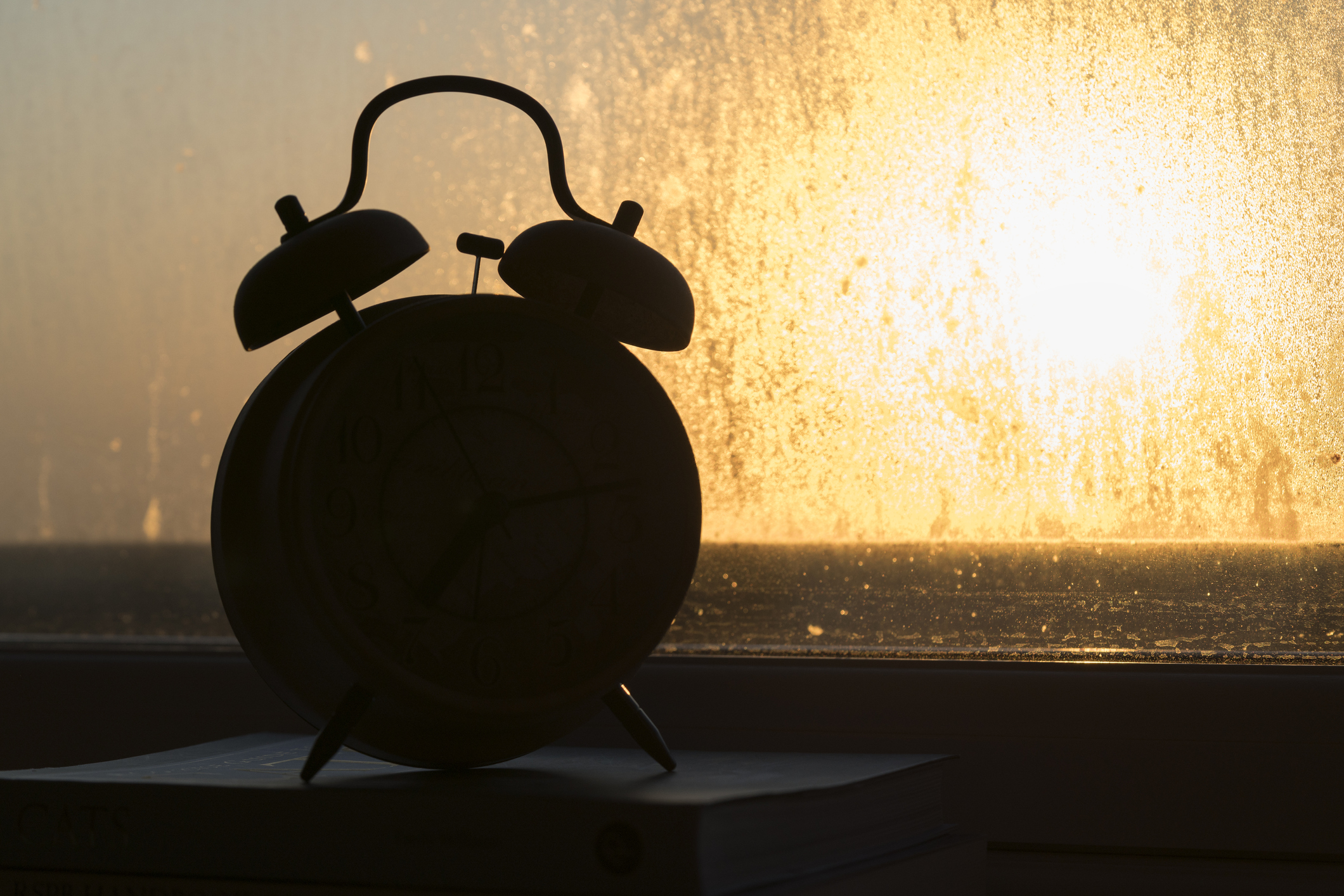
A free daily email with the biggest news stories of the day – and the best features from TheWeek.com
You are now subscribed
Your newsletter sign-up was successful
A federal standard for daylight saving time (DST) was established in the United States in the 1960s, but the idea of changing the clocks twice a year has long been controversial. Proponents argue that permanent daylight saving time — or "no more falling back every year in the fall," as CNN explains — would be significantly better for the country and for people's health. Opponents argue just the opposite. Who is right?
Pro: Permanent DST can lower energy bills
Some studies have shown that permanent DST can help cut down on energy costs. This is partly due to the sun setting one hour later in the evenings, which means the "need to use electricity for household lighting and appliances is reduced," The Columbus Dispatch argues. This data seems to be backed up by a study from the U.S. Energy Department, which found that four extended weeks of DST could save an extra 0.5 percent in total electricity per day. However, this may come with a caveat, Maya Wei-Haas writes for National Geographic: "The later sunlight hours do often reduce electricity use during this time, but they also spur more intense use of air conditioning in the evening or greater energy demands to light up the dark mornings."
Con: Potential health problems
A study from Northwestern Medicine suggests DST is "linked to increased risk of developing certain disorders, from cognitive and mental health issues to digestive and heart diseases. And, if you already have these conditions, DST can make them worse." These concerns are corroborated by Natalie Pompilo, who writes for Brain & Life Magazine that "even slight misalignments between the body clock and the social clock can have serious health consequences." Neurologist Dr. Beth Ann Malow from Vanderbilt University adds that "the misalignment of our natural circadian rhythms can contribute to obesity, diabetes, and heart disease."
The Week
Escape your echo chamber. Get the facts behind the news, plus analysis from multiple perspectives.

Sign up for The Week's Free Newsletters
From our morning news briefing to a weekly Good News Newsletter, get the best of The Week delivered directly to your inbox.
From our morning news briefing to a weekly Good News Newsletter, get the best of The Week delivered directly to your inbox.
Pro: A reduction in crimes
For obvious reasons, many criminals prefer to commit their crimes at night. However, if DST were permanent, "moving sunlight into the evening hours [would have] a far greater impact on crime prevention than it does in the morning," writes Steve. P Calandrillo for the University of Washington Magazine. He adds that "crime rates are lower by 30 percent in the morning-to-afternoon hours, even when those morning hours occur before sunrise, when it's still dark," meaning the extra hour of sunshine could cause a significant reduction in crime. This is backed up by a study from Jennifer L. Doleac and Nicholas J. Sanders with the Brookings Institute, who write, "Offenders know they're more likely to be recognized and get caught if they're fully visible," and the additional sunlight would help to deter petty criminals.
Con: Sleep disruptions
Despite the fact that many people enjoy the additional sunshine, "permanent daylight saving time doesn't align with our natural circadian rhythms," Dr. Shelby Harris writes for USA Today. Harris adds that while longer days may be appealing, "Our sleep schedules are guided by the Earth's light and dark cycle." If people were to shift to consistently darker mornings, Harris says, "Our sleep schedules would get thrown severely out of whack — a long-term issue with long-term implications." Danielle Pachecho, a staff writer at the Sleep Foundation, argues that "DST can cause sleep problems if circadian rhythms are not aligned with natural cycles of light and darkness," and that it can lead to insomnia for many people. "Circadian misalignment can contribute to sleep loss, as well as 'sleep debt,' which refers to the cumulative effect of not getting enough sleep on a regular basis," Pachecho adds.
Pro: More time spent outside
For some parents, the additional brightness at the end of the day can mean more outdoor activity for their children. Ashley Jones, a lifestyle writer at Romper, writes that "more sunlight later in the day means I can literally wear my kids out ahead of their 8 p.m. bedtime with outdoor activity." As a result, Jones argues, this could help children wind down and give parents a break at the end of the day, adding that "the extra time outside with my kids also gives me a mental reset after working all day." Camille Squares writes for Quartz that children naturally play outside longer during evening light. She cites a study from New Zealand that found the number of trampoline accidents even increase during the summer months as a result of increased time outside.
Con: A drop in workplace productivity
Investor and entrepreneur John Rampton writes for Entrepreneur that DST has "sucked the life out of productivity." This was backed by Dr. Ilene M. Rosen, professor of clinical medicine and program director for the Sleep Medicine Fellowship at the University of Pennsylvania, who told MSNBC that employers "are recognizing the costs of poor sleep in their employees," largely contributed to by DST. Rosen adds that there is "a strong U-shaped relationship between absenteeism and presenteeism [on-the-job-work loss] and hours of sleep." Basically, she argues that people should be getting seven to eight hours of sleep a night to be most productive, something that doesn't happen as a result of DST.
A free daily email with the biggest news stories of the day – and the best features from TheWeek.com
Justin Klawans has worked as a staff writer at The Week since 2022. He began his career covering local news before joining Newsweek as a breaking news reporter, where he wrote about politics, national and global affairs, business, crime, sports, film, television and other news. Justin has also freelanced for outlets including Collider and United Press International.
-
 ‘Poor time management isn’t just an inconvenience’
‘Poor time management isn’t just an inconvenience’Instant Opinion Opinion, comment and editorials of the day
-
 Bad Bunny’s Super Bowl: A win for unity
Bad Bunny’s Super Bowl: A win for unityFeature The global superstar's halftime show was a celebration for everyone to enjoy
-
 Book reviews: ‘Bonfire of the Murdochs’ and ‘The Typewriter and the Guillotine’
Book reviews: ‘Bonfire of the Murdochs’ and ‘The Typewriter and the Guillotine’Feature New insights into the Murdoch family’s turmoil and a renowned journalist’s time in pre-World War II Paris
-
 Scientists are worried about amoebas
Scientists are worried about amoebasUnder the radar Small and very mighty
-
 Metal-based compounds may be the future of antibiotics
Metal-based compounds may be the future of antibioticsUnder the radar Robots can help develop them
-
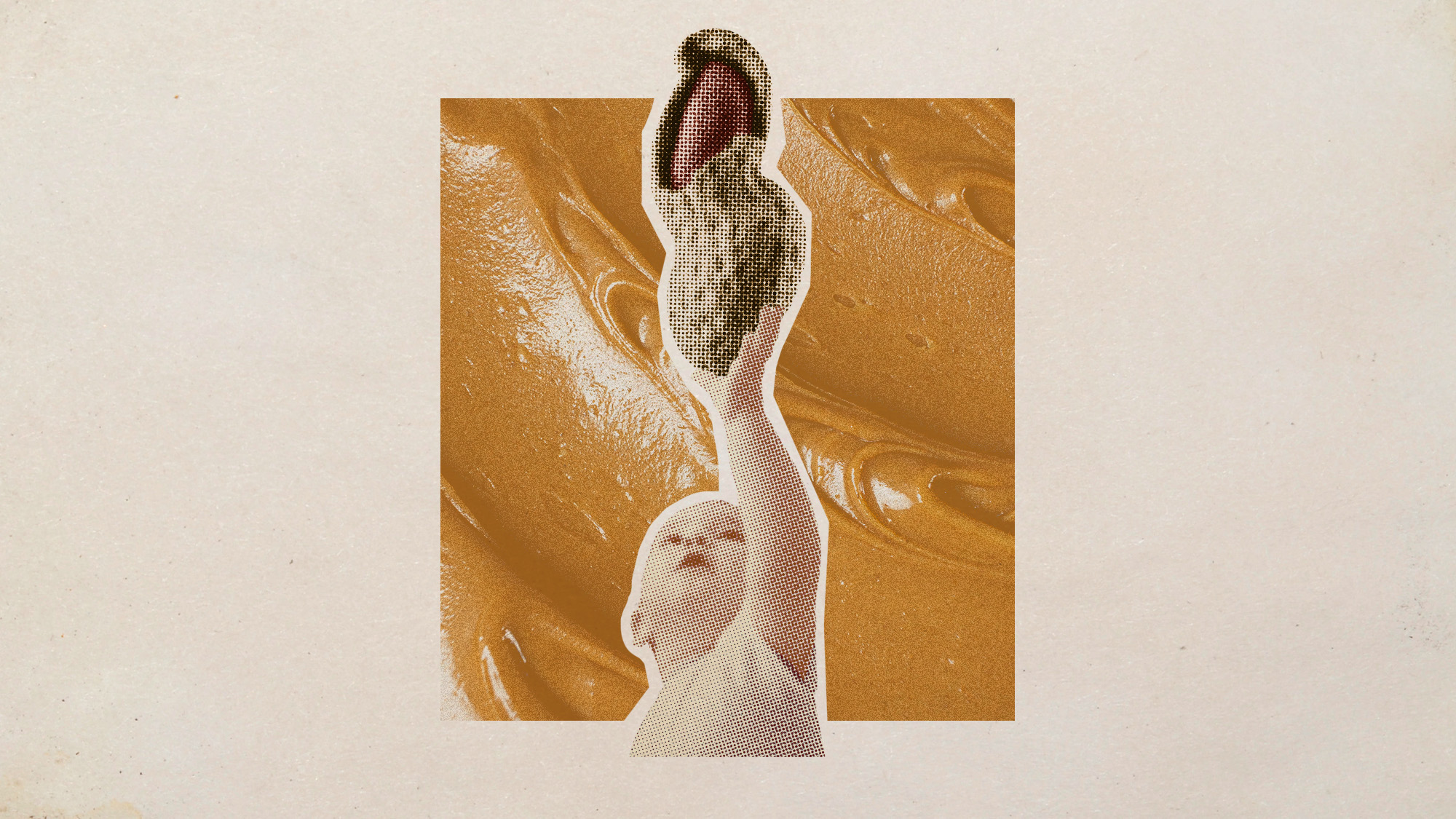 Peanut allergies have plummeted in children
Peanut allergies have plummeted in childrenUnder the radar Early introduction could be an effective prevention method
-
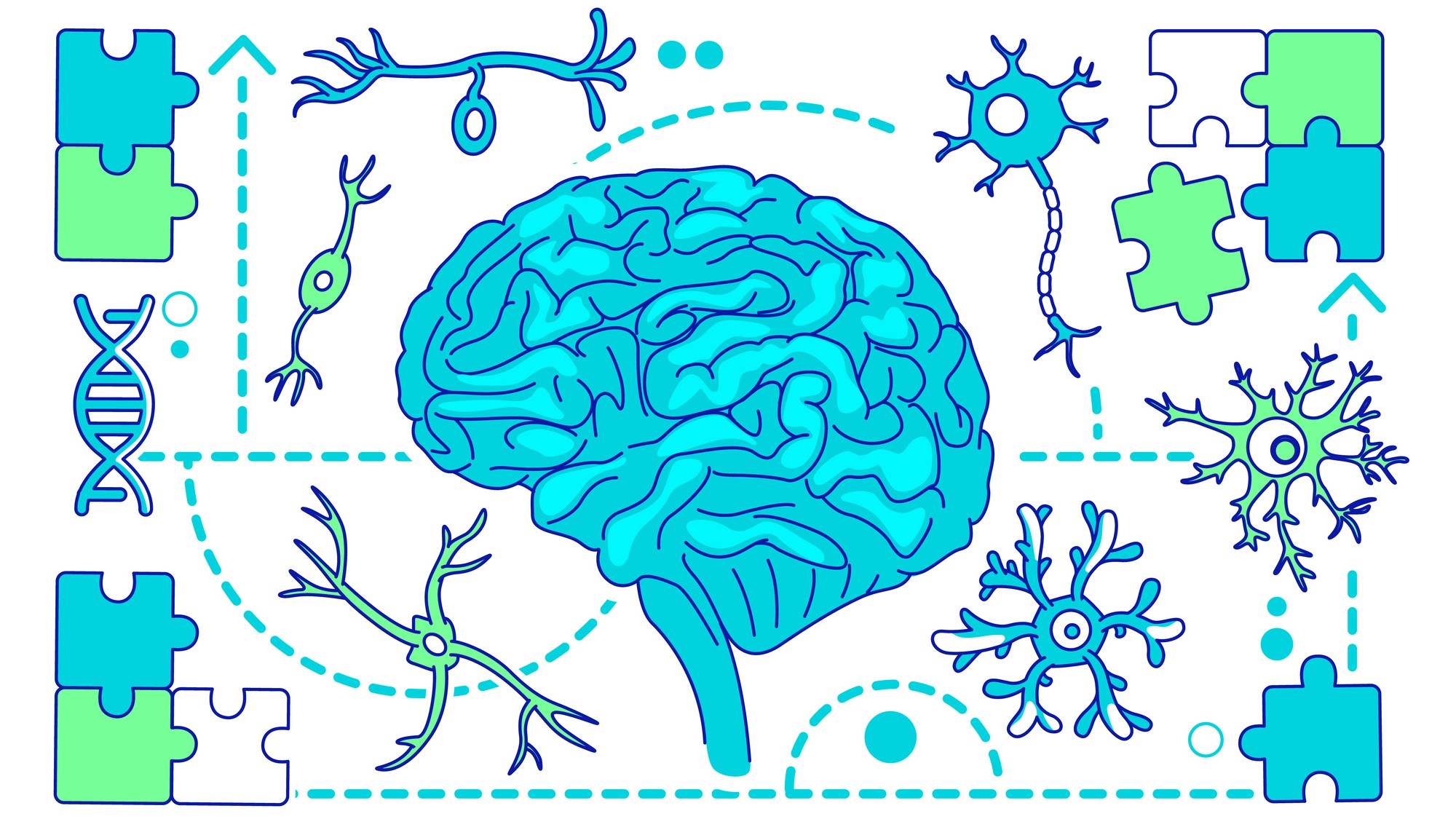 Human evolution may be responsible for autism rates
Human evolution may be responsible for autism ratesUnder the radar Neurodiversity and a complex brain may go hand in hand
-
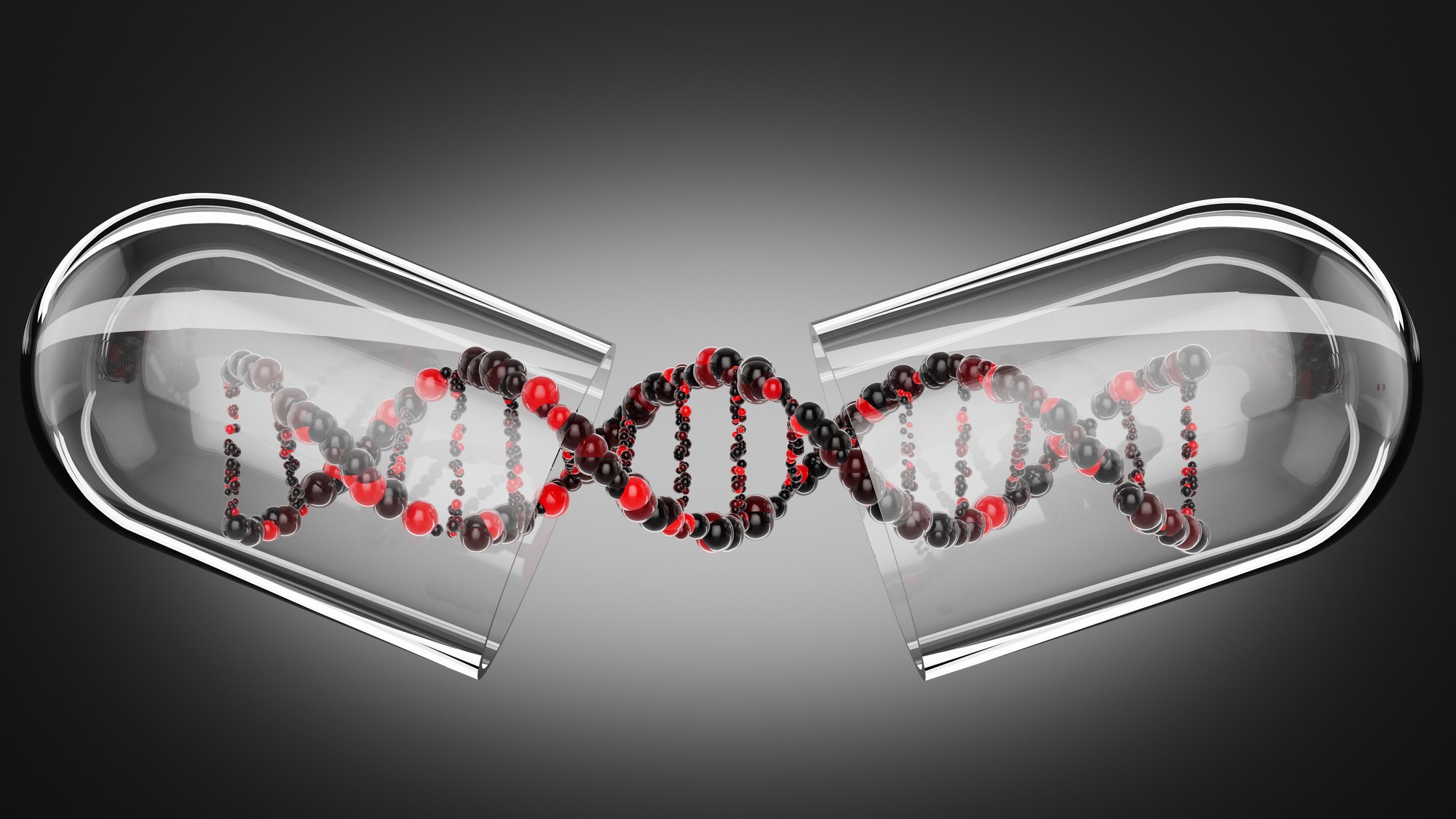 Scientists are speeding up evolution
Scientists are speeding up evolutionUnder the radar Proteins can evolve in minutes
-
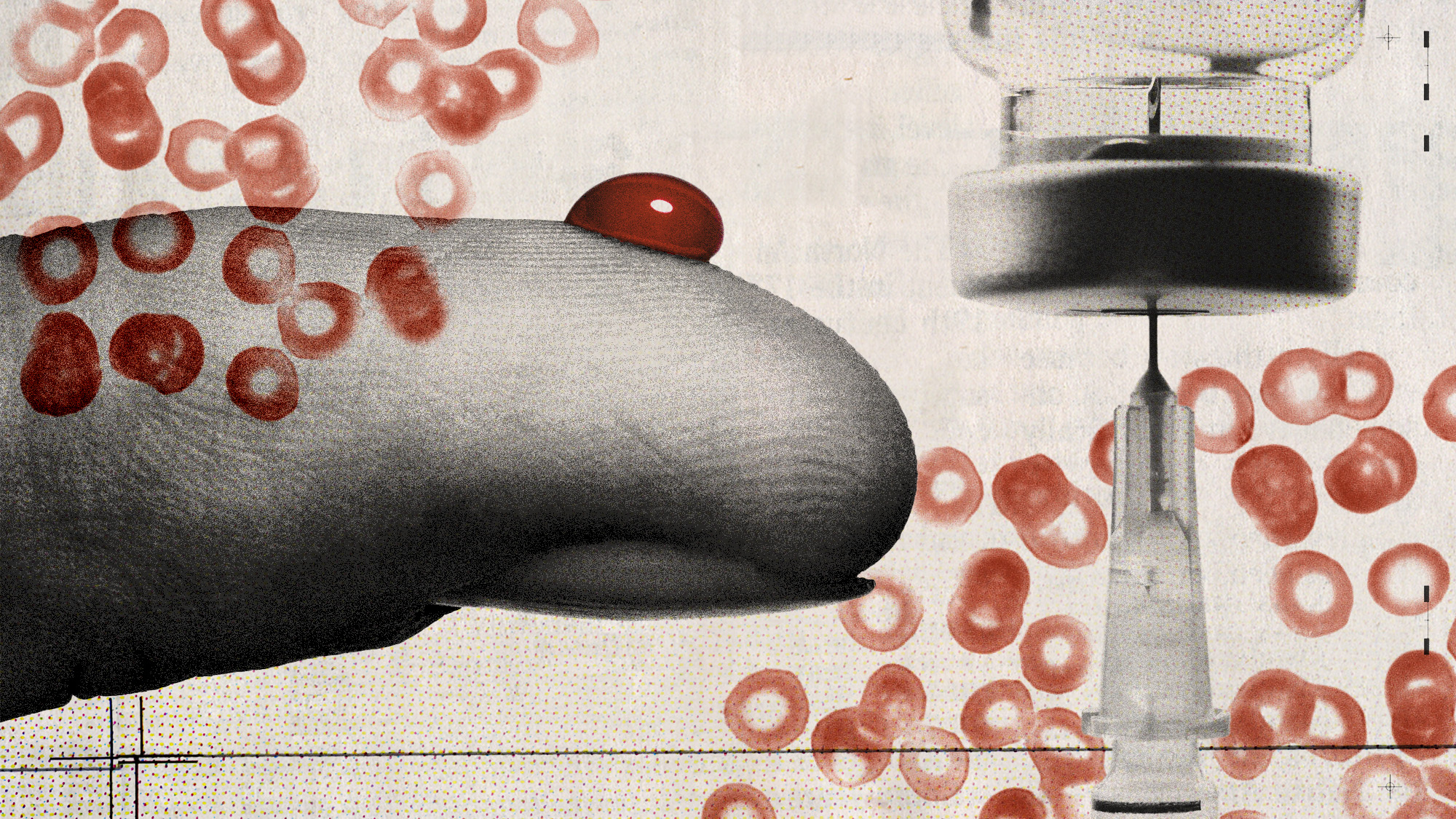 A new subtype of diabetes was found and it may require different treatment
A new subtype of diabetes was found and it may require different treatmentUnder the radar It is prevalent in Black Africans and Americans
-
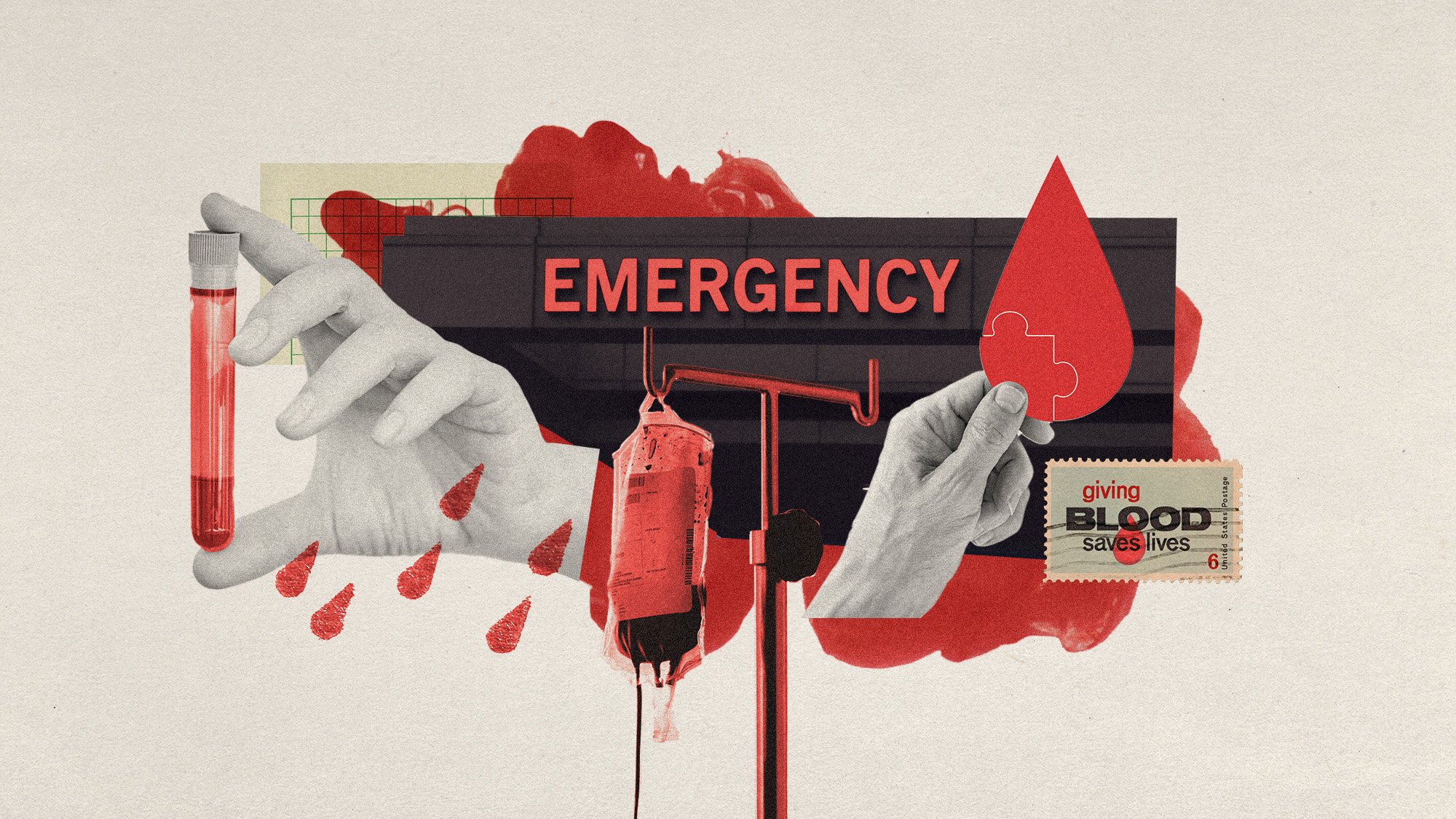 Scientists are developing artificial blood for use in emergencies
Scientists are developing artificial blood for use in emergenciesUnder the radar It could aid in global blood shortages
-
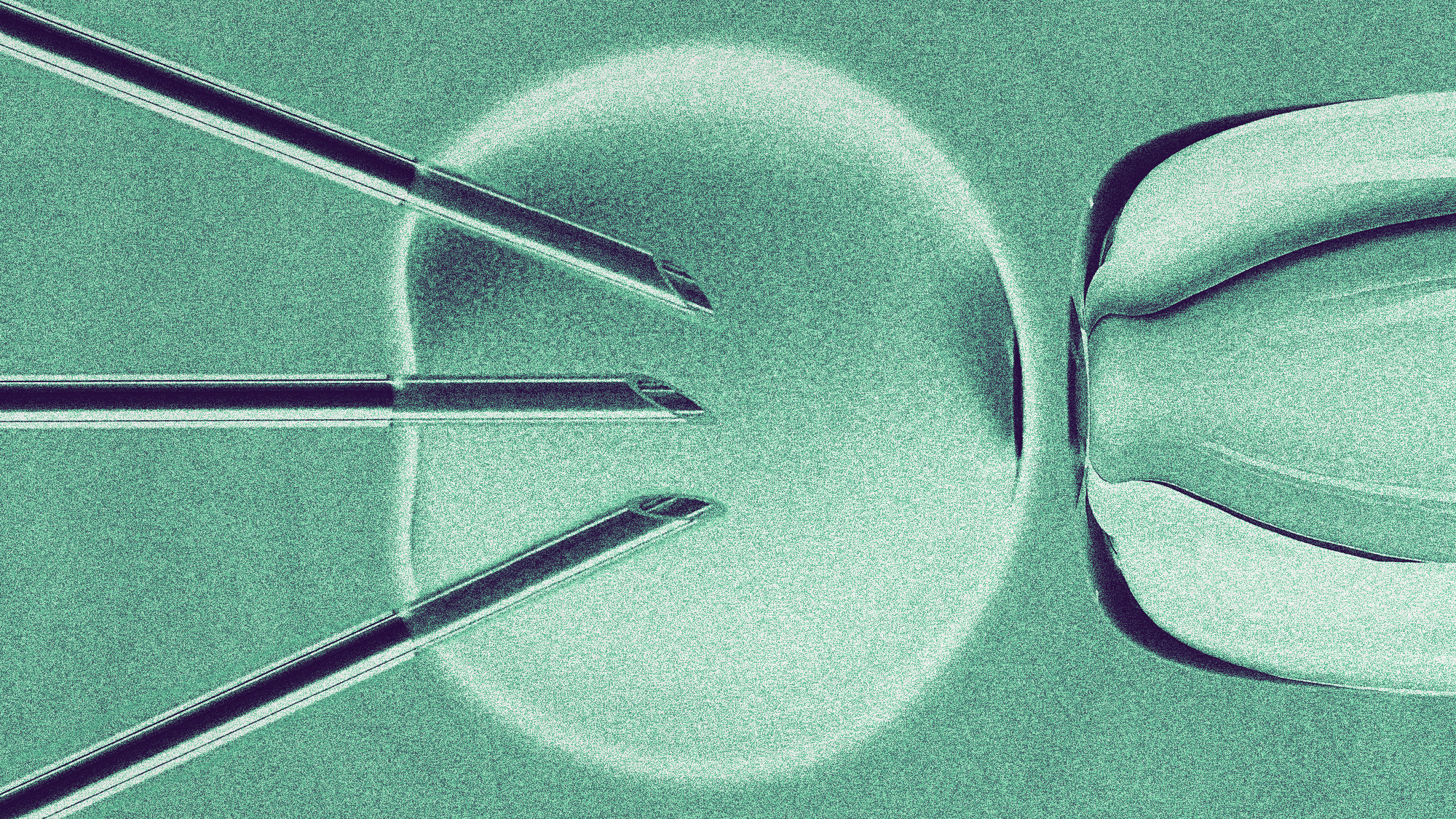 Babies born using 3 people's DNA lack hereditary disease
Babies born using 3 people's DNA lack hereditary diseaseUnder the Radar The method could eliminate mutations for future generations
